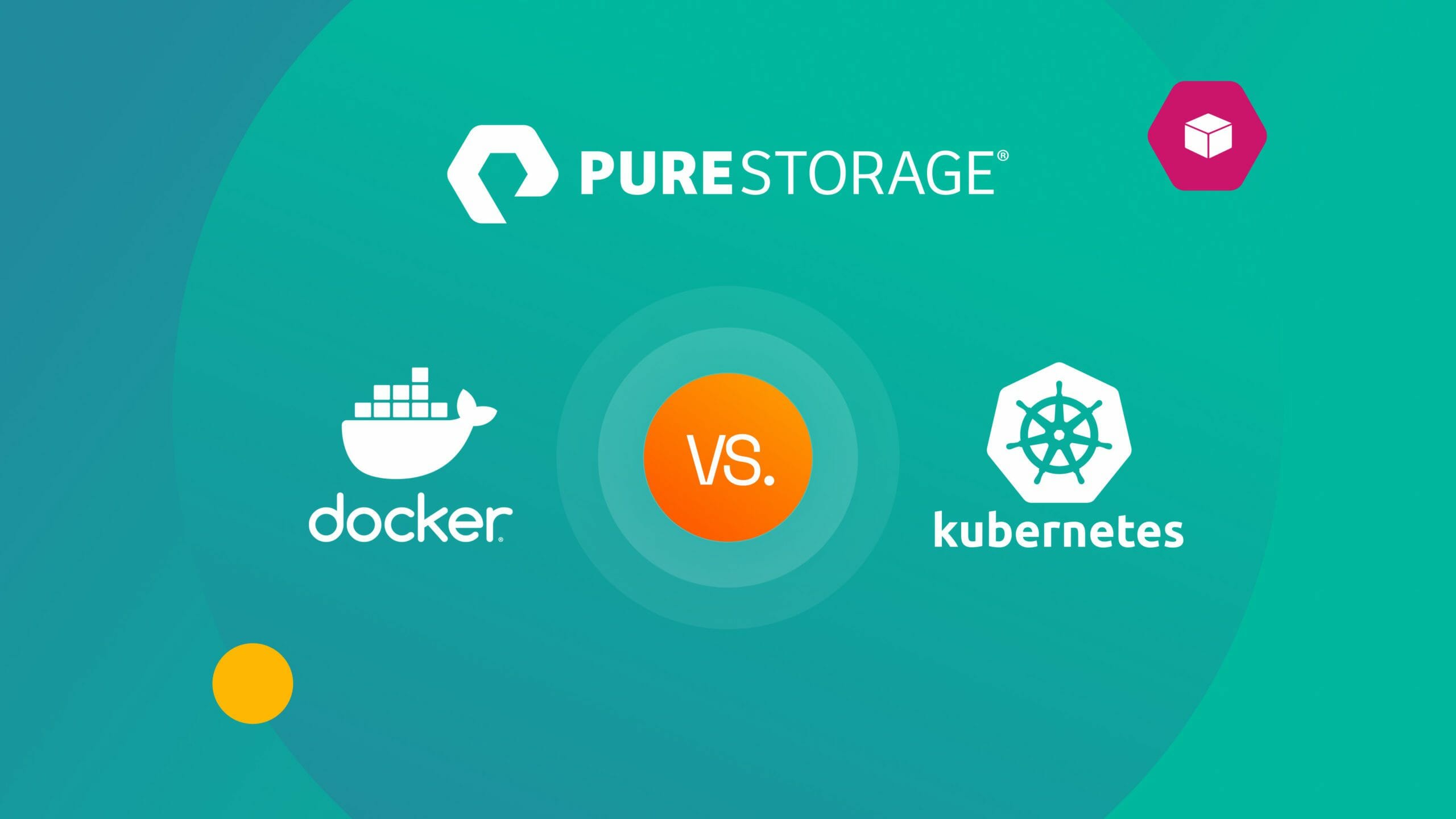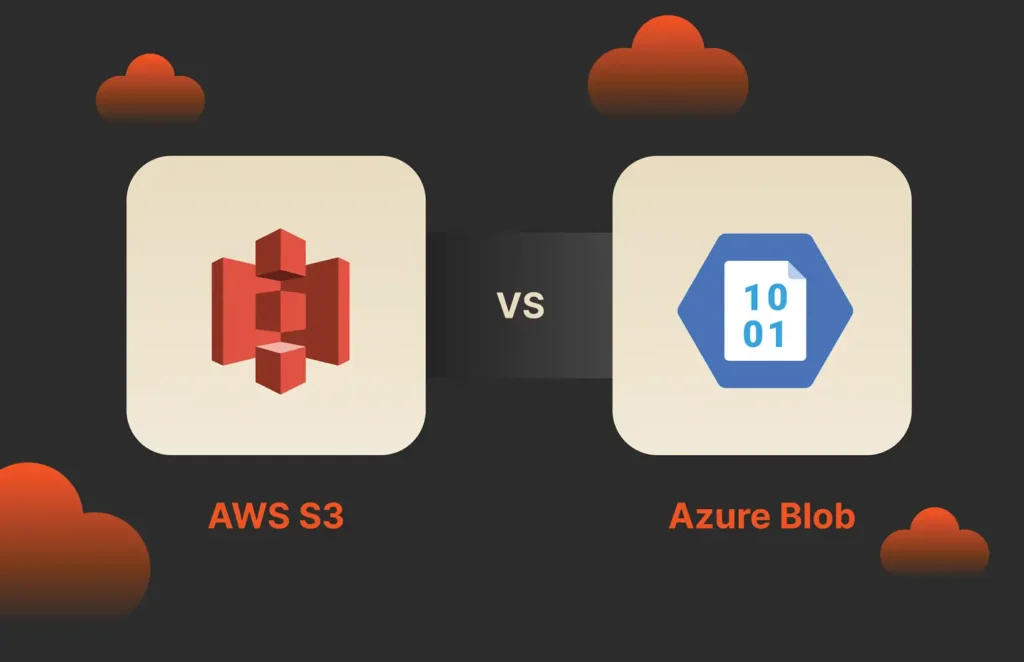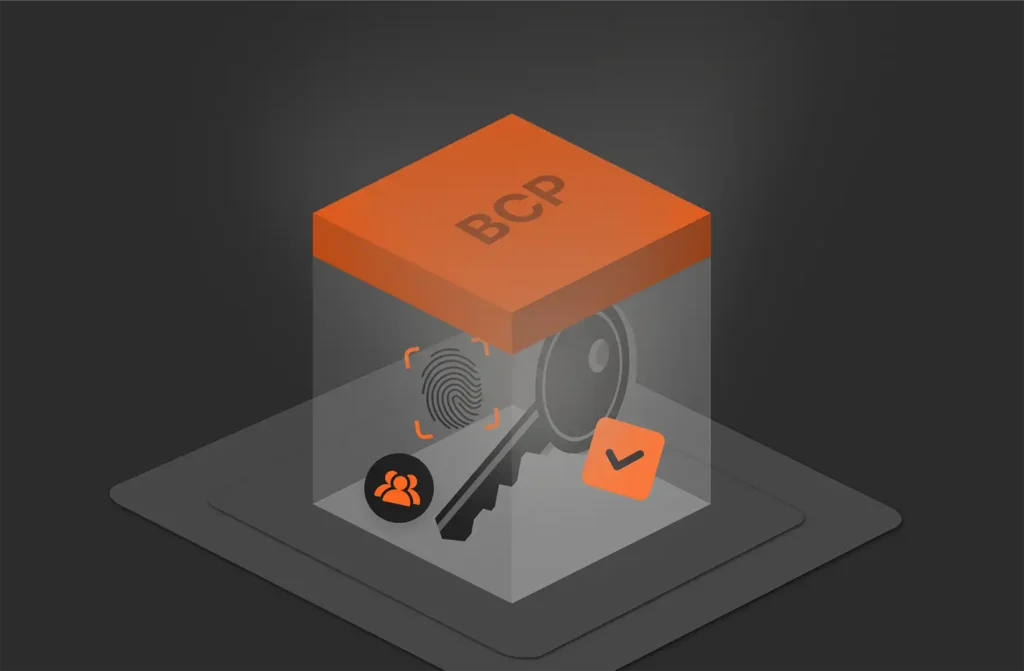To fully understand Docker vs Kubernetes and the differences between them, it’s best to first understand containerization.
Docker and Kubernetes are two very popular technologies in containerization, a form of operating system virtualization in which applications are run in isolated software units called containers.
Docker is a type of container “runtime,” or program that actually runs the container on a host operating system. Examples of other container runtimes include containerd, Windows Containers, and runC. Kubernetes is a platform for managing and orchestrating multiple containers.
Orchestration platforms like Kubernetes and container runtimes like Docker are typically used together to accelerate microservices and streamline DevOps. Orchestration technologies, when used in conjunction with container runtimes, make application development and deployment faster, easier, and more bug-free. Docker has typically been used with Kubernetes, but due to the recent deprecation of Docker by Kubernetes, this will no longer be the case.
Docker vs. Kubernetes: What Is Containerization?
Containerization is the process of virtualizing operating systems by packaging application code into “containers” that make the applications self-contained and thus runnable on any type of infrastructure—i.e., inside virtual machines, in the cloud, or on bare metal—without needing to be refactored.
Containerization allows developers to create and deploy applications faster and more securely because every application’s code is bundled with the related configuration files, libraries, and dependencies required to run it.
The concept of “containerization” is the idea that by breaking things down into sub-components, you can make them much easier to put together, take apart, and move around. This enables you to create larger things that are much greater than the sum of their parts.
Although containerization technology has been around for decades, the advent of the Docker Engine in 2013 rapidly accelerated its adoption and made it mainstream.
What Is Docker?
Docker is an open source platform for building and running applications inside of containers. The software that hosts the containers is called Docker Engine. Docker was invented in 2013 and is developed by Docker, Inc.
What Is Kubernetes?
Kubernetes, also known as K8s, is an open source system for automating the deployment, scaling, and management of containerized applications. It was originally designed by Google and is now maintained by the Cloud Native Computing Foundation.
Advantages of Docker
Docker’s ability to package and run applications in isolated environments (i.e., containers) means application developers don’t have to rely on whatever is installed on the host. They can easily share containers while building applications and be certain that everyone is using the same container that works in the same way.
The container then becomes the distribution and testing environment for the application, and when it’s ready, you can deploy the application into your production environment either as a container or an orchestrated service.
Docker offers the following advantages:
Agile application development: Docker accelerates the development life cycle by providing standardized environments in which developers can work via local containers that are great for continuous integration and continuous delivery (CI/CD) workflows.
Docker containers are also very portable and can run on laptops, in data centers, in the cloud, or in hybrid environments. This agility and portability streamline and simplify workload management for developers, letting them scale up or tear down applications and services in near real time and according to their business needs.
Better TCO: Since Docker lets you run more workloads on the same hardware, it saves you money and provides a much better total cost of ownership (TCO) than traditional application development. Using Docker, you can take advantage of your full compute capacity.
Advantages of Kubernetes
Kubernetes is an orchestration platform that streamlines the tasks of managing Docker containers.
Specific Kubernetes advantages include:
Flexibility and portability: Kubernetes is highly portable because, unlike most other orchestration platforms, it can be used on many different infrastructure and environment configurations. Kubernetes works with almost any type of container runtime and any type of infrastructure, whether it’s public cloud, private cloud, or an on-premises server, as long as the host operating system uses a version of Linux or Windows (2016 or newer). Kubernetes can also host workloads running on a single cloud and workloads spread across multiple clouds. It can also easily scale from one cloud to another.
Enhanced developer agility: Kubernetes lets developer teams use GitOps, a set of practices to manage infrastructure and application configurations using Git, an open source version control system, to much more rapidly scale and deploy the code used in their applications.
Proven market leader: While this wasn’t necessarily true five years ago, IT teams across the globe, and in many different industries, now use Kubernetes on a daily basis. Since most developers and IT engineers are familiar with Kubernetes, it makes it much easier for businesses to adopt it. The learning curve is nowhere near as steep as that of other application-building technologies.
How Kubernetes Works with Docker
Kubernetes relies on container runtimes, such as Docker, to handle the process of running containers on a machine. The container runtime runs containers on a host, and Kubernetes tells the container runtime on each host what to do. Kubernetes works with most container runtimes. It doesn’t have to be used with Docker, and in fact, Kubernetes recently announced that it will soon stop supporting Docker.
Pure Service Orchestrator: Storage as a Service for Containers
Pure Service Orchestrator™ is a container orchestration tool that gives developers the agility of public cloud with the reliability and security of on-premises infrastructure. It effortlessly delivers persistent storage resources to containerized applications and integrates seamlessly with Kubernetes and other container orchestration tools to provide:
- Automated storage delivery on demand
- Policy-based provisioning
- Elastic scaling across all your arrays, including hybrid cloud
- Intelligent container deployment across file and block arrays
- Enterprise-grade resiliency with automated failover and self-healing data access integrity
With Pure Service Orchestrator, you can enjoy the benefits of a single data platform for all your cloud-native needs. Build, automate, protect, and secure cloud-native applications with the flexibility to run on any Kubernetes distribution, any cloud, or any on-prem infrastructure.
![]() Related reading: containerd vs. Docker: What’s the difference?
Related reading: containerd vs. Docker: What’s the difference?




